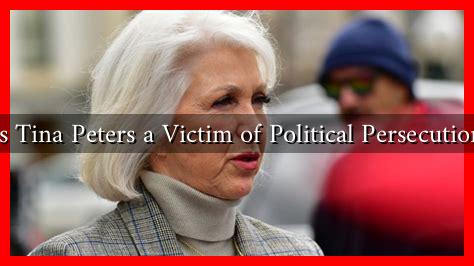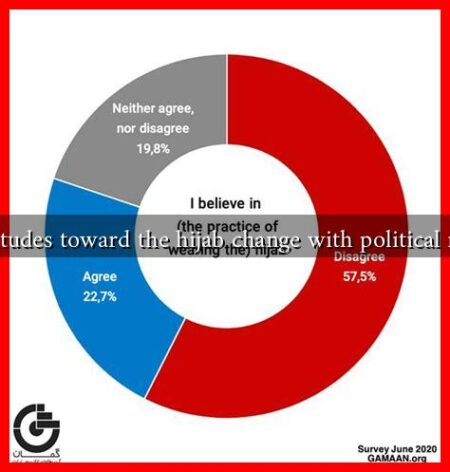-
Table of Contents
Is Tina Peters a Victim of Political Persecution?
The case of Tina Peters, the former Mesa County Clerk and Recorder in Colorado, has sparked significant debate regarding the intersection of election integrity, political motivations, and the legal system. Peters gained national attention for her controversial actions surrounding the 2020 presidential election, leading to her being charged with multiple felonies. This article explores whether Peters is indeed a victim of political persecution or if her actions warrant the legal consequences she faces.
Background: Who is Tina Peters?
Tina Peters, a Republican, became a prominent figure in the election integrity movement after the 2020 presidential election. She claimed that there were irregularities in the voting process and took it upon herself to investigate these claims. Peters allegedly allowed unauthorized individuals to access sensitive election equipment, which led to her being charged with several felonies, including tampering with election equipment and misconduct in office.
The Allegations Against Peters
The charges against Peters stem from her actions in May 2021, when she allegedly facilitated the unauthorized copying of data from voting machines.
. This incident raised alarms about the security and integrity of the electoral process. The specific allegations include:
- Unauthorized access to voting equipment.
- Tampering with election data.
- Misconduct in office.
These charges have led to a broader discussion about election security and the responsibilities of election officials. Critics argue that Peters’ actions undermined public trust in the electoral process, while her supporters claim she was merely trying to uncover the truth.
The Argument for Political Persecution
Supporters of Peters argue that her legal troubles are politically motivated. They point to several factors that contribute to this narrative:
- Partisan Politics: Peters is a vocal supporter of former President Donald Trump and has aligned herself with the “Stop the Steal” movement. Her critics, primarily from the Democratic Party, may be using legal avenues to silence dissenting voices.
- Media Coverage: The media portrayal of Peters has often been negative, framing her as a conspiracy theorist rather than a concerned citizen. This could influence public perception and the legal proceedings against her.
- Support from Conservative Groups: Various conservative organizations have rallied behind Peters, framing her as a martyr for election integrity. This support has amplified claims of political persecution.
The Counterargument: Legal Accountability
On the other hand, many argue that Peters is not a victim but rather someone who overstepped legal boundaries. Key points in this argument include:
- Rule of Law: The legal system must hold individuals accountable for their actions, regardless of political affiliation. If Peters violated laws regarding election security, she should face consequences.
- Impact on Election Integrity: Peters’ actions could have far-reaching implications for public trust in elections. Allowing unauthorized access to voting machines undermines the very integrity she claims to protect.
- Precedent for Future Officials: If Peters is not held accountable, it could set a dangerous precedent for future election officials, potentially leading to more breaches of trust.
Public Opinion and the Media Landscape
The public’s perception of Peters is deeply divided, often along partisan lines. Polls indicate that many Republicans view her as a whistleblower, while Democrats see her as a threat to democracy. This polarization complicates the narrative surrounding her case and raises questions about the role of media in shaping public opinion.
For more insights on public opinion regarding election integrity, you can visit Pew Research Center.
Conclusion: A Complex Case
The question of whether Tina Peters is a victim of political persecution is not easily answered. While there are valid arguments on both sides, the case highlights the complexities of election integrity, political motivations, and legal accountability. As the legal proceedings continue, it remains crucial for the public to engage in informed discussions about the implications of Peters’ actions and the broader context of election security in the United States.
Ultimately, the case serves as a reminder of the delicate balance between protecting democratic processes and ensuring accountability for those who manage them. Whether Peters is a victim or a perpetrator, her story underscores the importance of transparency and trust in the electoral system.





